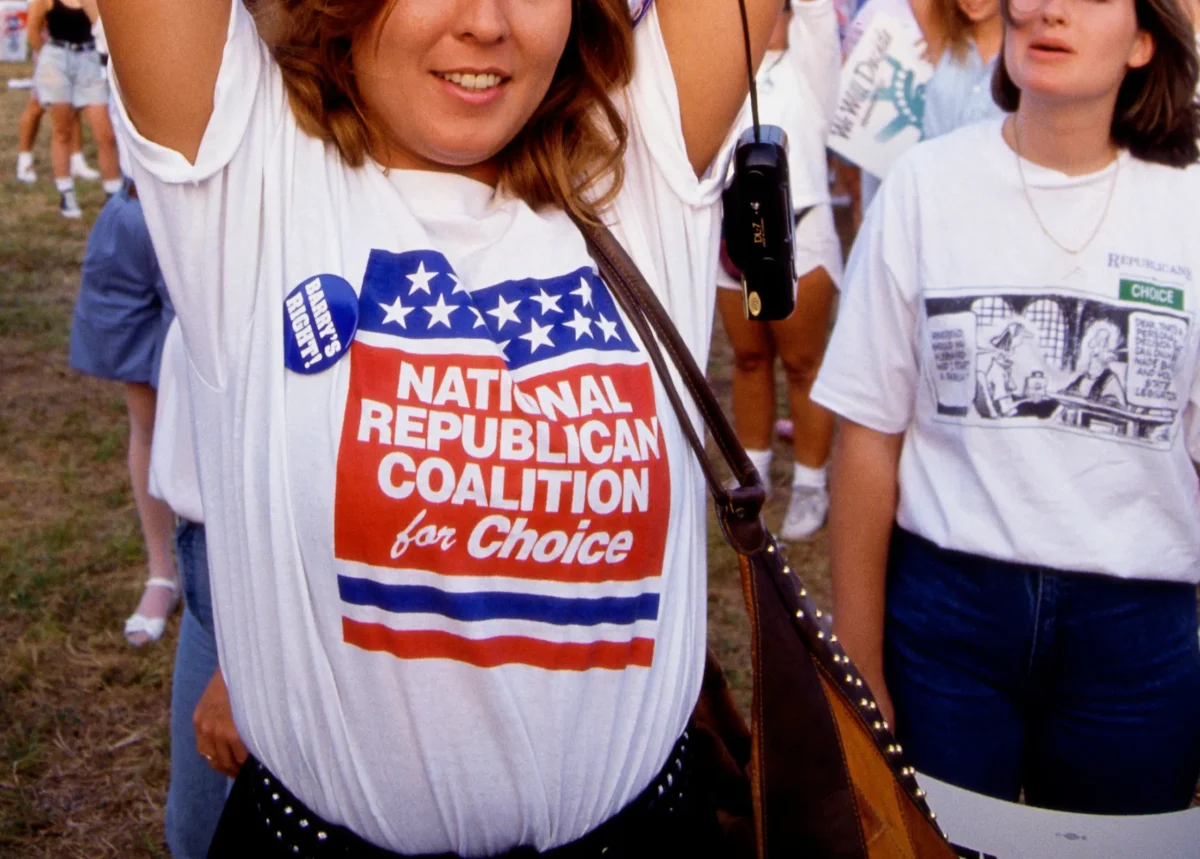When people ask me why I decided to come to Saint Louis University, I believe they expect me to say, “The campus is beautiful” or “It just seemed like the perfect fit.” The reality, however, is that I chose SLU because four years ago, one weekend in March, I was invited to interview for the Martin Luther King Jr. Scholarship. That weekend I fell in love, not only with this campus, but also with the people I met four years ago — many of whom I am honored to call my friends today. My fellow scholars are a passionate, diverse group. They are a bold group of leaders inside and outside of the classroom, dedicated to promoting Dr. King’s ideals of equality and inclusion. It is from their example that I have learned what qualities are essential to being an MLK Scholar at SLU.
March 23, 2013, four years after my first Martin Luther King Jr. weekend, I was an interviewer for the scholarship for the fourth time, and I could not have been more disappointed not only with the quality of students I interviewed but also with the few volunteer interviewers that I had contact with that weekend, who knew little to nothing about the scholarship itself.
As an MLK Scholar myself, this is troubling. As an MLK Scholar, it is my duty to be critical of those who will carry our legacy on campus. When my fellow scholars look across the table to the potential scholar in front of them, I want them to see someone who is just as passionate as we are about Dr. King’s vision. I want them to be excited about working alongside this new fellow scholar and leader. I want them to be a servant-leader, not only on paper, but most importantly, in practice.
I walked into my interview room this year ready to encounter future MLK Scholar leaders, but such was not my luck. The very first student who walked in was poised, well-dressed, and said to live by Dr. King’s mission of non-violence.
However, when further questioned about how to resolve a situation in which he or someone around him experienced oppression, the potential scholar resorted to violence in his solution, claiming his years of wrestling would prove to be helpful. Another scholar, when asked which of Dr. King’s ideals he lived by, admitted to not knowing much about Dr. King’s life. Though it is brave to admit knowing nothing of Dr. King while interviewing for a scholarship named after him, it is also incredibly frustrating to interview someone who is clearly neither prepared nor fit for the scholarship. Finally, one of the volunteer interviewers on my team — who is not and was not at any point in time a MLK Scholar — gave one of the potential scholars high scores because of the test scores on his resume, disregarding the fact that the potential scholar’s answers and service did not in any way reflect Dr. King’s ideals or vision.
When I walked out of the interview room, I hoped that my fellow scholars had found commendable students who showed potential for the scholarship. While many did, many other of my fellow scholars voiced concerns that reflected my own. This further frustrated my experience. Not only were some of the potential scholars not well-qualified, but nor were some of our interview teammates who exemplified a similar lack of knowledge about Dr. King and the qualities essential to those aspiring to hold a scholarship in his name.
My fellow scholars come from many different racial, religious, political and socio-economic backgrounds, but are all unified by Dr. King’s ideals.
We deserve to see our scholarship develop with a focus on social justice and inclusion.
Last Thursday, April 4 marked the 45th Anniversary of Dr. King’s assassination. It is time our University community works towards honoring, rather than exploiting, Dr. King’s legacy through this scholarship.
On Wednesday, April 17, from 4:30 p.m. to 6:30 p.m. in the BSC 251 A and B, the African American Studies Capstone class of 2013, which includes four of my fellow scholars, is hosting an “MLK Scholarship Town Hall Discussion.” The event will be an opportunity for the SLU community to address concerns about the scholarship.
As in Dr. King’s lifetime, we still have to fight against structural racism, poverty and war.
If we are truly concerned about living his legacy, however, we, as a community, will make pursuing drastic changes to the MLK Scholarship a top priority.










